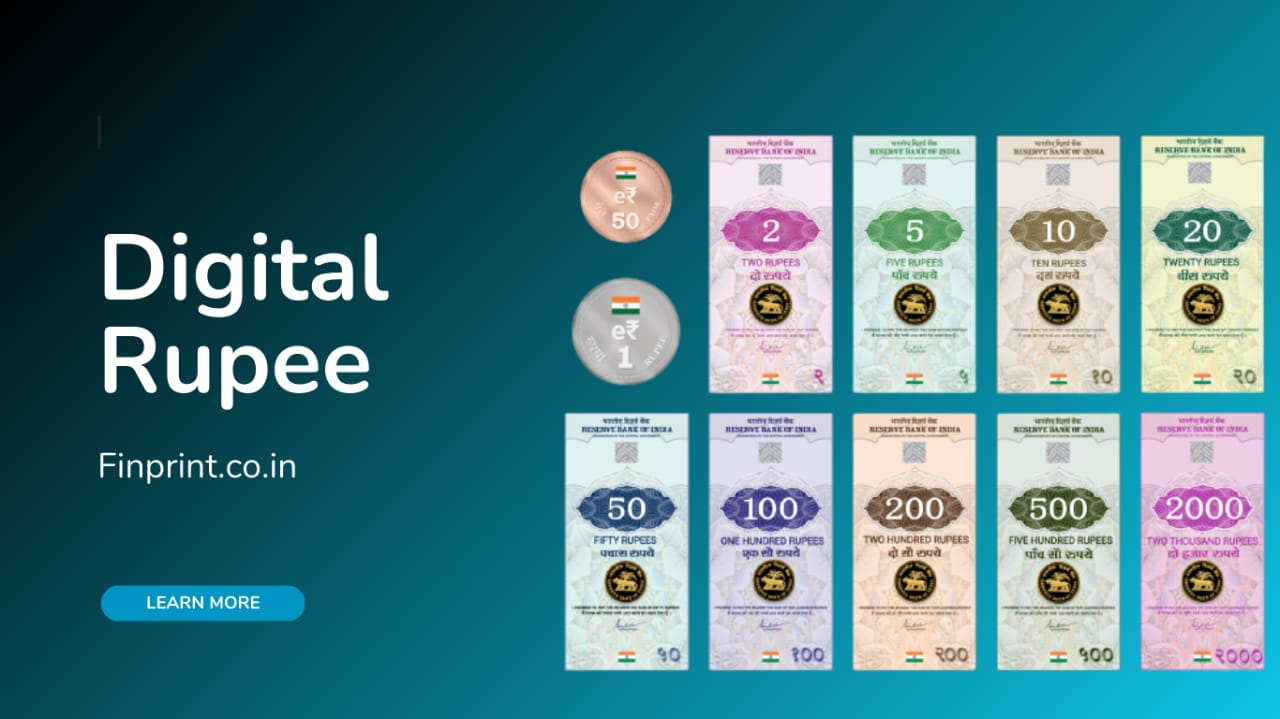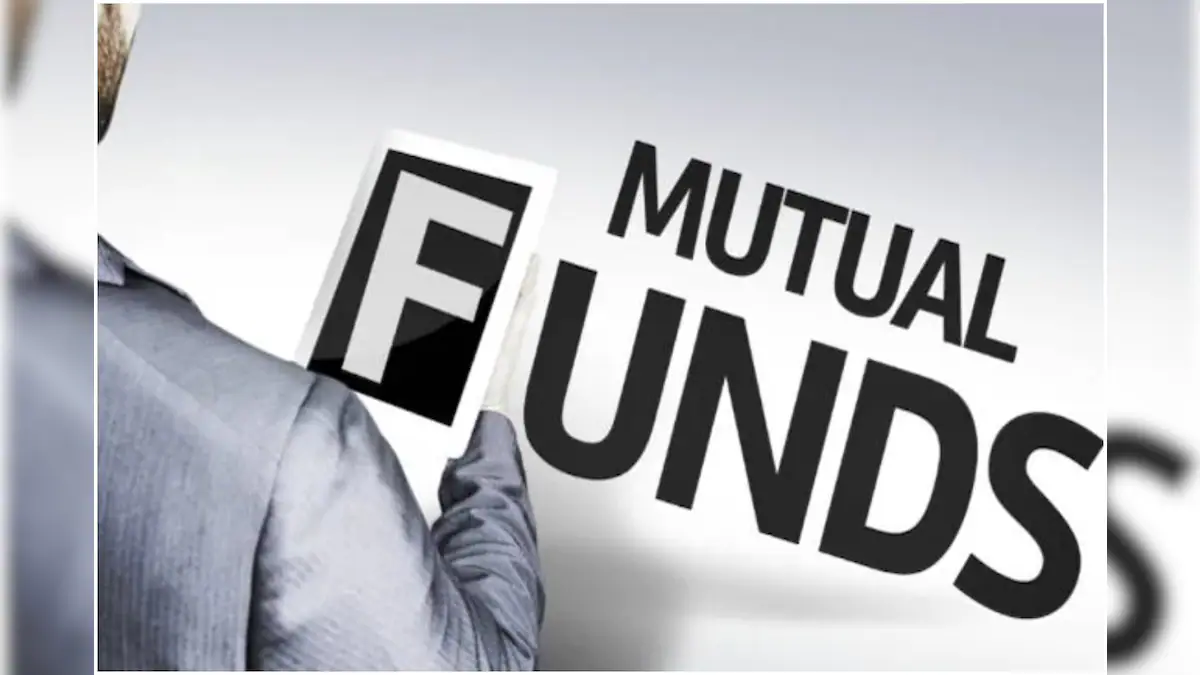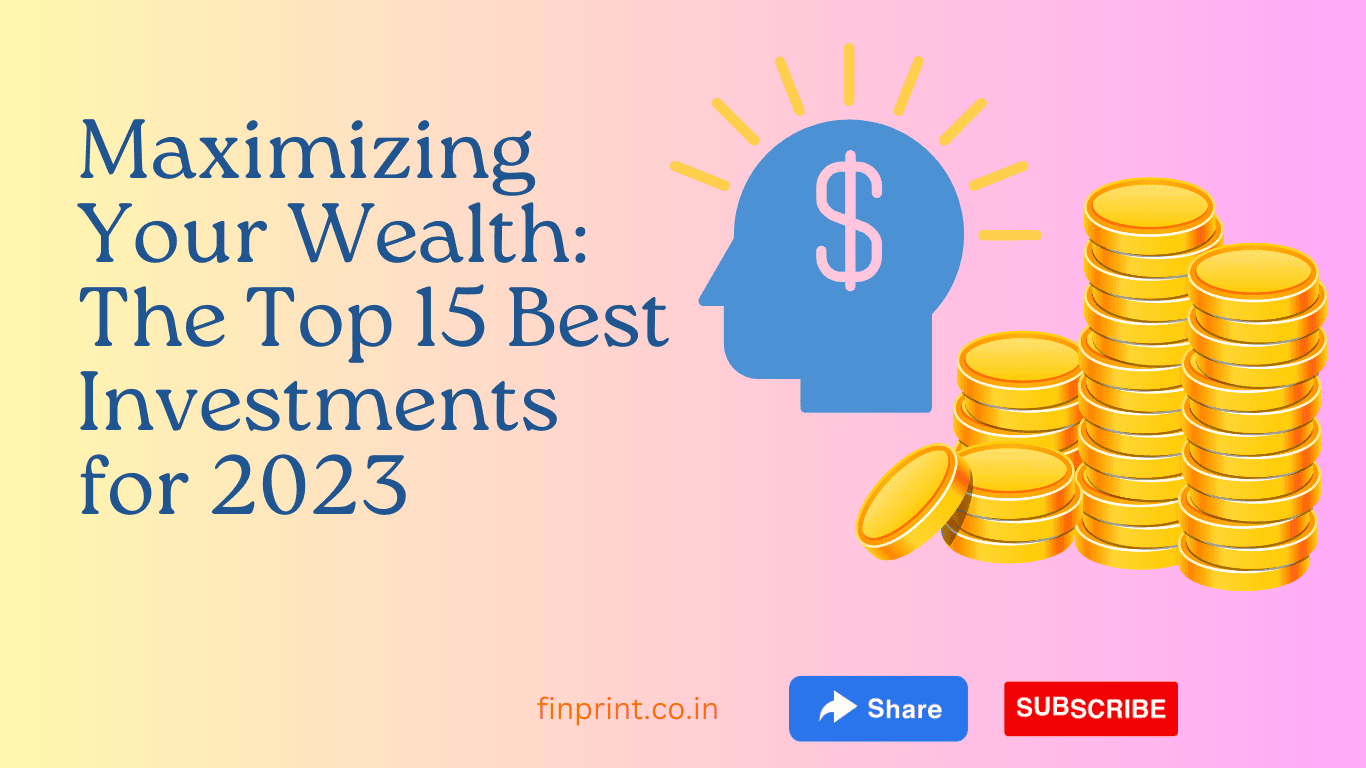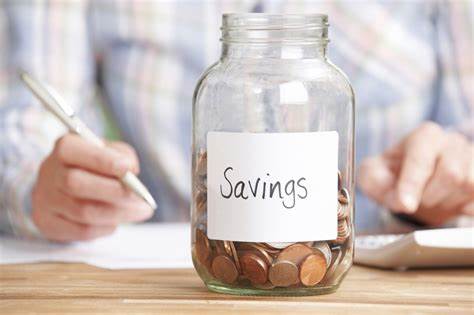Understanding Credit Cards: How Debt Consolidation Can Help You Manage Your Finances

Introduction to Credit Cards
Before we dive into debt consolidation, let’s first take a look at what credit cards are and how they work. Simply put, a credit card is a form of borrowing that allows you to make purchases without having to pay for them upfront. Instead, you are given a credit limit that you can use to make purchases, and you are required to pay back the balance over time.
Credit cards are a popular form of payment because they offer a number of benefits, such as rewards programs, fraud protection, and the ability to build credit. However, they also come with risks, such as high interest rates, fees, and the potential to accumulate debt.
Understanding Credit Card Debt
Credit card debt is a type of revolving debt, which means that you can continue to borrow money as long as you pay off your balance. However, this can also lead to a cycle of debt, where you make minimum payments but continue to accumulate interest charges. Over time, this can lead to a significant amount of debt that can be difficult to manage.
One of the biggest problems with credit card debt is the high interest rates. According to a report by the Federal Reserve, the average credit card interest rate in the United States is 16.28%. This means that if you have a balance of $10,000, you could be paying over $1,600 in interest charges alone each year.
What is Debt Consolidation?
Debt consolidation is a strategy for managing debt that involves combining multiple debts into one loan or payment. The goal of debt consolidation is to make it easier to manage your debts by reducing the number of payments you have to make each month and potentially lowering your interest rates.
There are several different ways to consolidate debt, including balance transfer credit cards, personal loans, and home equity loans. Each of these options has its own benefits and drawbacks, so it’s important to weigh the pros and cons before making a decision.
Types of Debt Consolidation
There are several different types of debt consolidation, each with its own benefits and drawbacks. Here are the most common types of debt consolidation:
Balance Transfer Credit Cards
A balance transfer credit card is a credit card that allows you to transfer the balances from other credit cards onto it. Balance transfer cards often come with a 0% introductory APR period, which means you won’t have to pay any interest on your balance for a certain amount of time. This can help you save money on interest charges and pay off your debt faster.
However, balance transfer cards often come with balance transfer fees, which can be as high as 5% of the balance you transfer. Additionally, if you don’t pay off your balance before the introductory period ends, you could be hit with high interest charges.
Personal Loans
A personal loan is an unsecured loan that you can use for any purpose, including consolidating debt. Personal loans often come with lower interest rates than credit cards, which can help you save money on interest charges.
However, personal loans often require good credit, and you may not be able to qualify for a loan if you have a lot of debt or a low credit score. Additionally, personal loans often come with origination fees, which can add to the cost of the loan.
Home Equity Loans
A home equity loan is a type of secured loan that uses your home as collateral. Home equity loans often come with lower interest rates than credit cards and personal loans, which can help you save money on interest charges.
However, home equity loans can be risky because if you can’t make your payments, you could lose your home. Additionally, home equity loans often come with closing costs, which can add to the cost of the loan.
Benefits of Debt Consolidation
There are several benefits to consolidating your credit card debt, including:
- Lower interest rates: By consolidating your debt, you may be able to lower your interest rates, which can save you money on interest charges over time.
- Simplified payments: Consolidating your debts into one loan or payment can make it easier to manage your finances and reduce the number of payments you have to make each month.
- Potential to improve your credit score: If you are able to pay off your credit card debt through consolidation, it can help improve your credit score by reducing your credit utilization ratio.
How to Consolidate Credit Card Debt
If you’re interested in consolidating your credit card debt, here are the steps you should take:
- Assess your debt: The first step is to take stock of your debt and figure out how much you owe and to whom.
- Explore your options: There are several different ways to consolidate debt, so it’s important to explore your options and weigh the pros and cons of each.
- Apply for a loan: Once you’ve decided on a consolidation strategy, you’ll need to apply for a loan or credit card.
- Transfer your balances: If you’re using a balance transfer credit card, you’ll need to transfer the balances from your other credit cards onto the new card.
- Make payments: Once you’ve consolidated your debt, you’ll need to make payments on your new loan or credit card.
Debt Consolidation vs. Other Debt Relief Options
Debt consolidation is just one of several options for managing debt. Here are some other debt relief options to consider:
- Debt management plans: A debt management plan is a program offered by credit counseling agencies that can help you negotiate with your creditors to lower your interest rates and monthly payments.
- Debt settlement: Debt settlement involves negotiating with your creditors to settle your debts for less than what you owe.
- Bankruptcy: Bankruptcy is a legal process that can help you eliminate or restructure your debts, but it can have serious consequences on your credit score and financial future.
It’s important to carefully consider all of your debt relief options and weigh the pros and cons before making a decision.
The Impact of Debt Consolidation on Credit Scores
One of the concerns that many people have about debt consolidation is how it will impact their credit score. While there is no one-size-fits-all answer to this question, there are a few things to keep in mind.
First, applying for a new loan or credit card can result in a hard inquiry on your credit report, which can temporarily lower your score. However, if you make your payments on time and pay off your debt, it can have a positive impact on your credit score over time.
Additionally, consolidating your debt can help improve your credit utilization ratio, which is a factor that makes up 30% of your credit score. By reducing your credit card balances, you can lower your credit utilization ratio and potentially improve your score.
Tips for Managing Credit Card Debt
While debt consolidation can be a useful tool for managing credit card debt, it’s also important to take steps to avoid accumulating more debt in the future. Here are some tips for managing your credit card debt:
- Pay more than the minimum: If you only make the minimum payment on your credit card each month, it will take you much longer to pay off your debt and you’ll end up paying more in interest charges.
- Create a budget: Creating a budget can help you keep track of your spending and make sure you’re not overspending on your credit cards.
- Use credit cards responsibly: Only use your credit cards for purchases you can afford to pay off in full each month.
Conclusion: Is Debt Consolidation Right for You?
In conclusion, debt consolidation can be a useful tool for managing credit card debt and taking control of your finances. However, it’s important to carefully consider all of your options and weigh the pros and cons before making a decision. If you’re struggling with credit card debt, debt consolidation may be a good option for you, but it’s important to take steps to avoid accumulating more debt in the future.
If you’re interested in debt consolidation, I encourage you to do your research, explore your options, and talk to a financial professional to determine if it’s the right choice for you. With the right strategy and a commitment to responsible financial management, you can take control of your debt and achieve your financial goals.

















